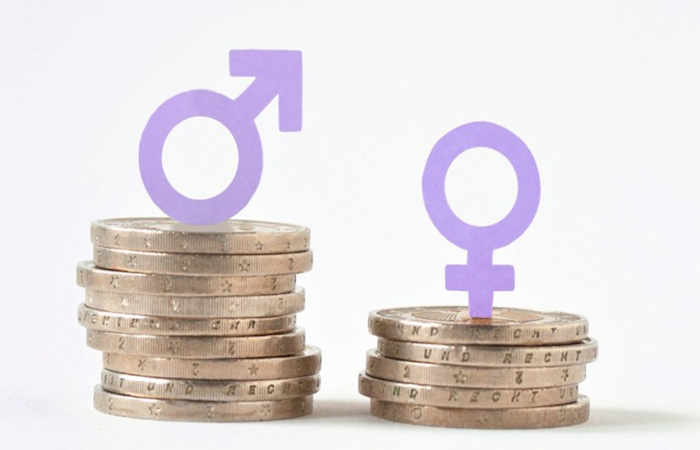 New research has highlighted that female directors at the UK’s biggest companies are still being paid a fraction of what their male counterparts receive.
New research has highlighted that female directors at the UK’s biggest companies are still being paid a fraction of what their male counterparts receive.
Data by business management consultancy New Street Consulting Group revealed that the average wage for FTSE 100 female directors stands at just £237,000, which is slightly more than a quarter of the £875,900 paid to their male peers.
The figures also showed the gender pay gap at blue-chip businesses is far worse than the overall population, with women paid 15.5% less than men in the broader jobs market. According to the research, the large pay gap at board level is mainly due to the majority of female directors at FTSE 100 companies holding non-executive jobs, which have lower salaries than executive ones.
In addition, female non-executive directors at FTSE 100 organisations received an average salary of £104,800, compared to £170,400 for men. Regarding the pay gap between male and female executive directors, women get an average of £1.5 million and men receive £2.5 million.
New Street Consulting Group director Claire Carter commented that the number of female directors at FTSE 100 firms has increased sharply in the past five years, but the research showed there is “much more to do”.
“Focusing solely on the percentages of directors that are women is not enough when trying to approach equality,” she said, adding that most businesses wanted to end the “old boys club that exists at the top”.
“The key to doing that will be ensuring that women have more executive responsibilities and are trained and prepared properly for taking on that responsibility. It will be a case of their examining whether there are any barriers that are preventing females from reaching the very top at their organisation,” Carter said.
The government-backed Hampton-Alexander review, which looked at female representation at the top of business, revealed that its target of 33% of board positions at FTSE 100 and FTSE 250 firms being held by women by 2020 had been achieved. Sir Philip Hampton, who chaired the review, praised the progress but said businesses needed to recruit and promote women to top executive roles “to sustain the changes made”.